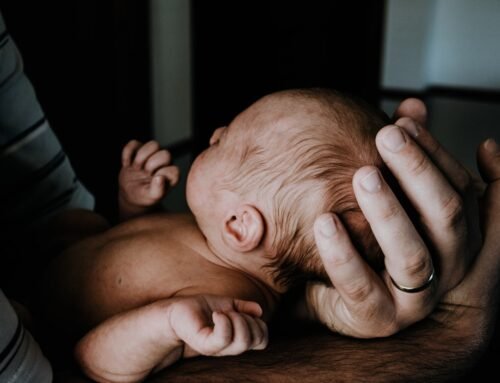November 2019, happiness exploded in a north Chennai home with the reuniting of David with his birth mother. David is an adopted child and is now a Danish citizen. He has been in the quest to find his roots which led him to meet his mother after years of waiting.
Born to Kalimoorthy and Dhanalakshmi, David was originally named Shantakumar. After father Kalimoorthy abandoned Dhanalakshmi she sought refuge in a charitable home with her two young boys. Little did she know a year later her children would be given up for adoption and taken abroad without her knowledge or consent. The cases of children being secretly given away by adoption agencies is not new. Pieces of evidence are present explaining several such incidents where biological parents weren’t informed or taken consent or forged surrender deeds of unwed mothers before putting up children for adoption.
Studies confirm that knowing one’s parentage is vital to children and adults, and this is more prominent in cases of inter-country adoption. It is one extent of the much wider right to ascertain and preserve one’s identity. Social scientists argue that keeping adopted individuals in the shadow of their roots might hinder the shaping of their identity.
It is the duty of the state to provide information to the child to establish their identity. This is inclusive to abandoned, displaced, and children conceived artificially or born out of wedlock. It is an integral part of the Right to Privacy, both are guaranteed under Article 21 of the Indian Constitution.
The 2017 Puttaswamy judgment of the Supreme Court underpins that the Right to Privacy is an innate part of the Right to Life and Personal Liberty. As per adoption regulations, formulated by CARA, and effective since 2017, all concerned authorities shall facilitate the search by adoptees seeking ‘Root search’ this includes foreign adoption agencies and Indian diplomatic missions. The landmark judgment of the top court in Laxmikant Pandey (1984) based on principles of the Draft Declaration on Social and Legal Principles with Special Reference to Foster Placement and Adoption that acknowledges the need of a foster or adopted child to know about their roots and directed that such information can be furnished to a child with maturity. The UN Child Rights Convention that India ratified for the first time the child’s right to know her parents as a child and even later as an adult. Additionally, India ratified the 1993 Hague Convention on Protection of Children and Cooperation in Respect of Inter-Country Adoption, which also protects the child’s right to know her identity, reported TOI.
Regardless of the legislative framework governing adoptions of abandoned and orphaned children under the Juvenile Justice (Care and Protection of Children) Act, 2015, there are defects in the adoption process. As per a newspaper report on September 25, 2018, southern state Tamil Nadu witnessed several cases of many children and police have confirmed that between 2016 and 2018 nearly 9,882 children went missing and 608 still are undetectable.
The formation of the anti-child trafficking unit has not erased the cases of trafficking and abduction of children. And with the onset of the Covid pandemic, nearly 1.6 lakh children lost both parents in the year, reports Lancet. There were circulations on the availability of children for adoption over social media platforms. To put a curb on such calls authorities like police, the Child Welfare Committee, specialized adoption agencies, and CARA started working more vigilantly, keeping an eye on each such call to prevent child trafficking and illegal adoptions.
With inputs from TOI





